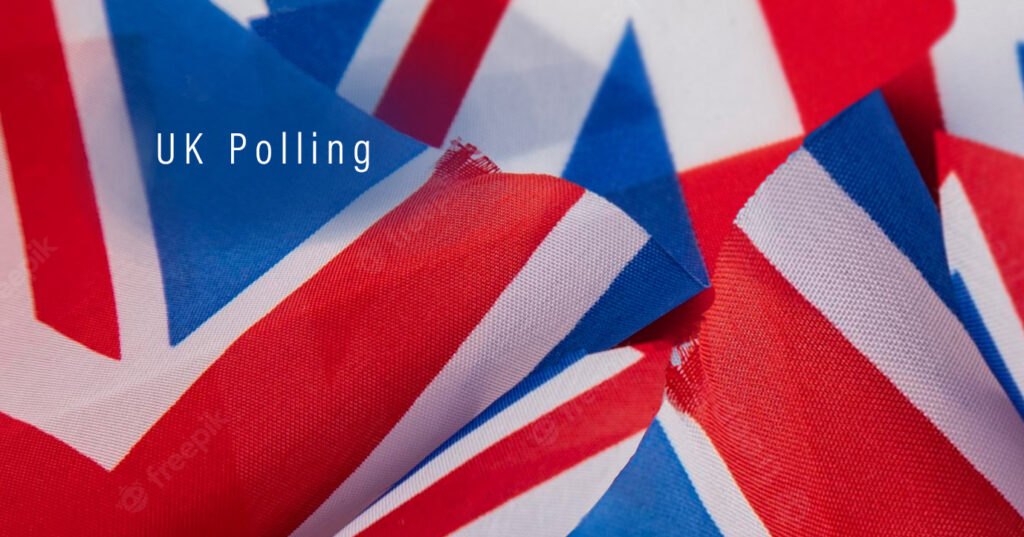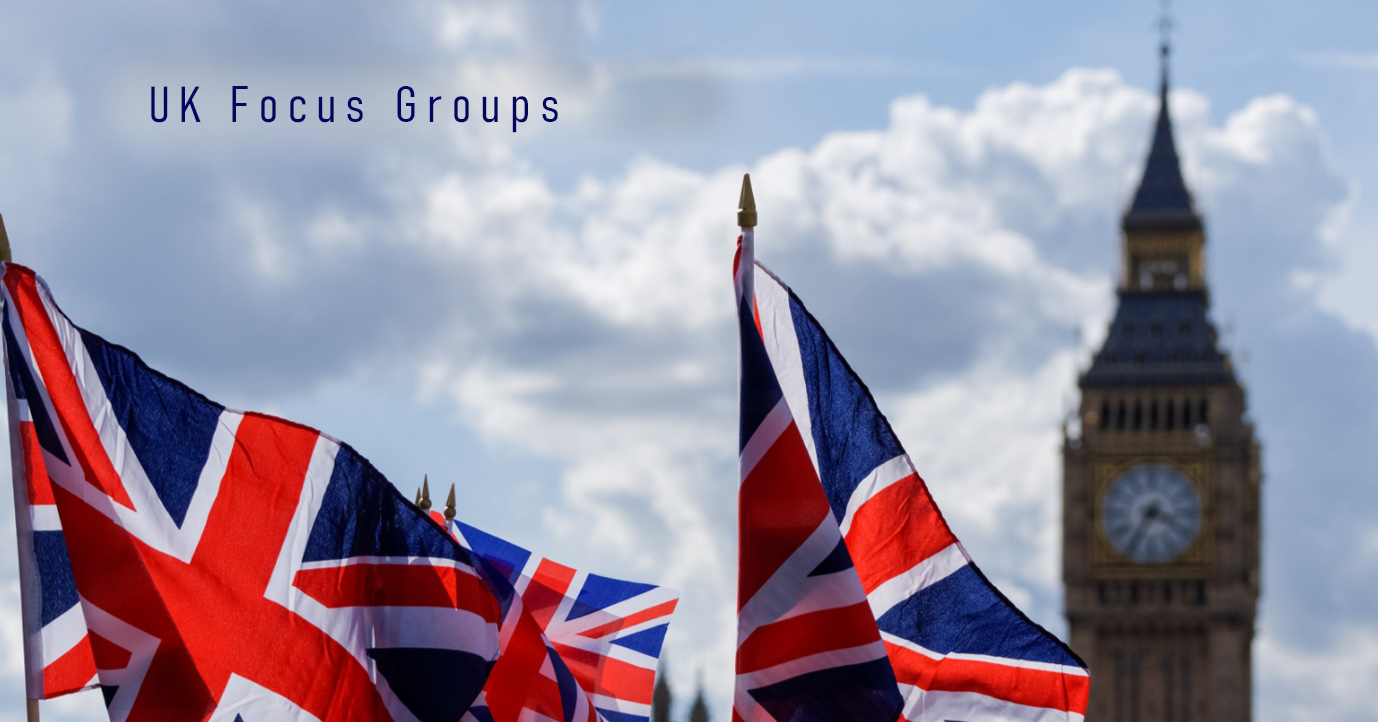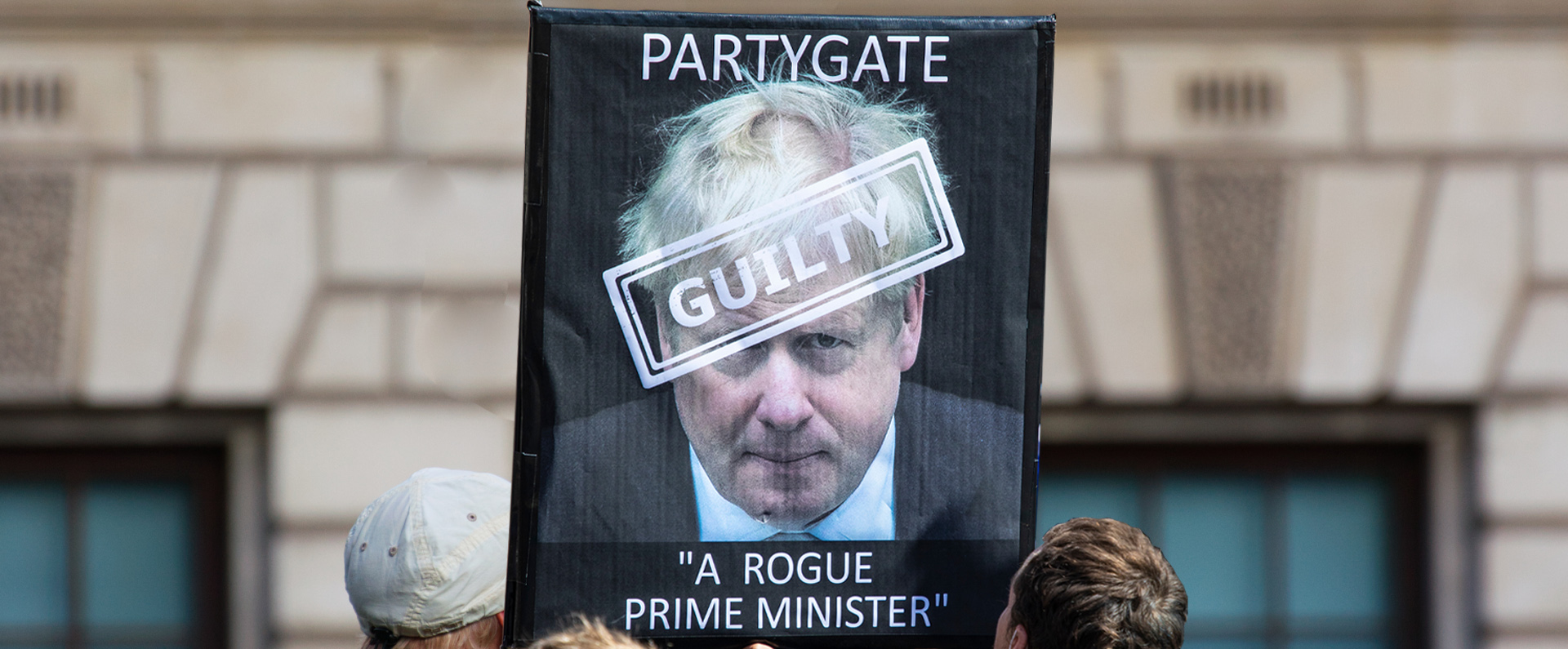
The day after a by-election it rarely helps to panic. Neither does it help to speculate about who voted for whom, or why. To avoid the need to do so, yesterday I polled people in the Eastleigh constituency after they had cast their vote. The sample of 760 is inevitably smaller than usual, given the time constraint, and though it is not politically weighted in the usual way it is a fair representation of those who voted. This is what I found.
Only 51% of those who voted Liberal Democrat in 2010 did so again yesterday. They were heavily supported by 2010 Labour voters, 23% of whom voted for Mike Thornton. Only half of 2010 Labour voters turned out for John O’Farrell.
The Conservatives turned out a higher proportion of their own 2010 voters (59%) than Labour or the Lib Dems. Just over a fifth (22%) of those who voted Tory at the last general election voted for Diane James; perhaps more surprisingly, just under a fifth (19%) of 2010 Liberal Democrats did so too.
UKIP’s claim towards the end of the campaign that they were enjoying a late surge is borne out by the fact that nearly a third of their voters (31%) made up their minds in the last week – indeed nearly a fifth (18%) decided on the day. This also helps to explain the bump in their support since my final pre-election poll, taken last weekend.
Our question on why people voted as they did suggests a high proportion of the UKIP voters wished a plague upon all parties’ houses: 83% of them said they were sending a message that they were “unhappy with the party I usually support nationally”, and three quarters wanted to show they were “unhappy with all the main parties at the moment”. Notably, the proportion saying they voted UKIP “tactically to try and prevent another party from winning” (40%) was nearly as high as the proportion among those who voted Lib Dem (43%).
While the great majority of those who voted Tory said they had done so because the party had the best candidate locally, the best leader nationally, and were the party they wanted to win the next election, for Lib Dem voters having the “best candidate locally” was by far the most important factor.
The single most important issue for Lib Dem voters was local services. 26% of them said this unprompted (which is exactly 26 times the proportion of UKIP voters who said the same). Housing and planning issues were next for Lib Dems. Conservatives were more motivated by the economy, with housing and planning also second. For UKIP voters, immigration and the EU were the only issues to register.
As people ought to know by now, a by-election is not necessarily a good guide to the next general election. Only 43% of Lib Dem by-election voters said they expected to vote for the party again in 2015. 13% would go back to Labour, 7% would move to the Tories and a third didn’t know.
Ten per cent of those who voted UKIP yesterday said they would probably vote Conservative in 2015. And to look at it from a different angle, ten per cent of those who told us they would vote Tory in 2015 also told us they had voted UKIP yesterday. One third of UKIP by-election voters said they did not yet know how they would vote at the general election. As with the Lib Dems, only 43% of UKIP by-election voters said they would probably stay with the party.
Last night’s result was a dramatic event but it does not change the fundamental strategic challenge facing the Conservative Party. We must look at the evidence and resist learning the wrong lessons. My study at the end of last year, They’re Thinking What We’re Thinking, shows the attraction is not mainly about policy. It reflects a frustration with the political class and with the way they think things are going in Britain. Our task is not to become more like UKIP, the party of easy answers, but to be the party of government that people want to vote for. Let’s hope there’s still time.


